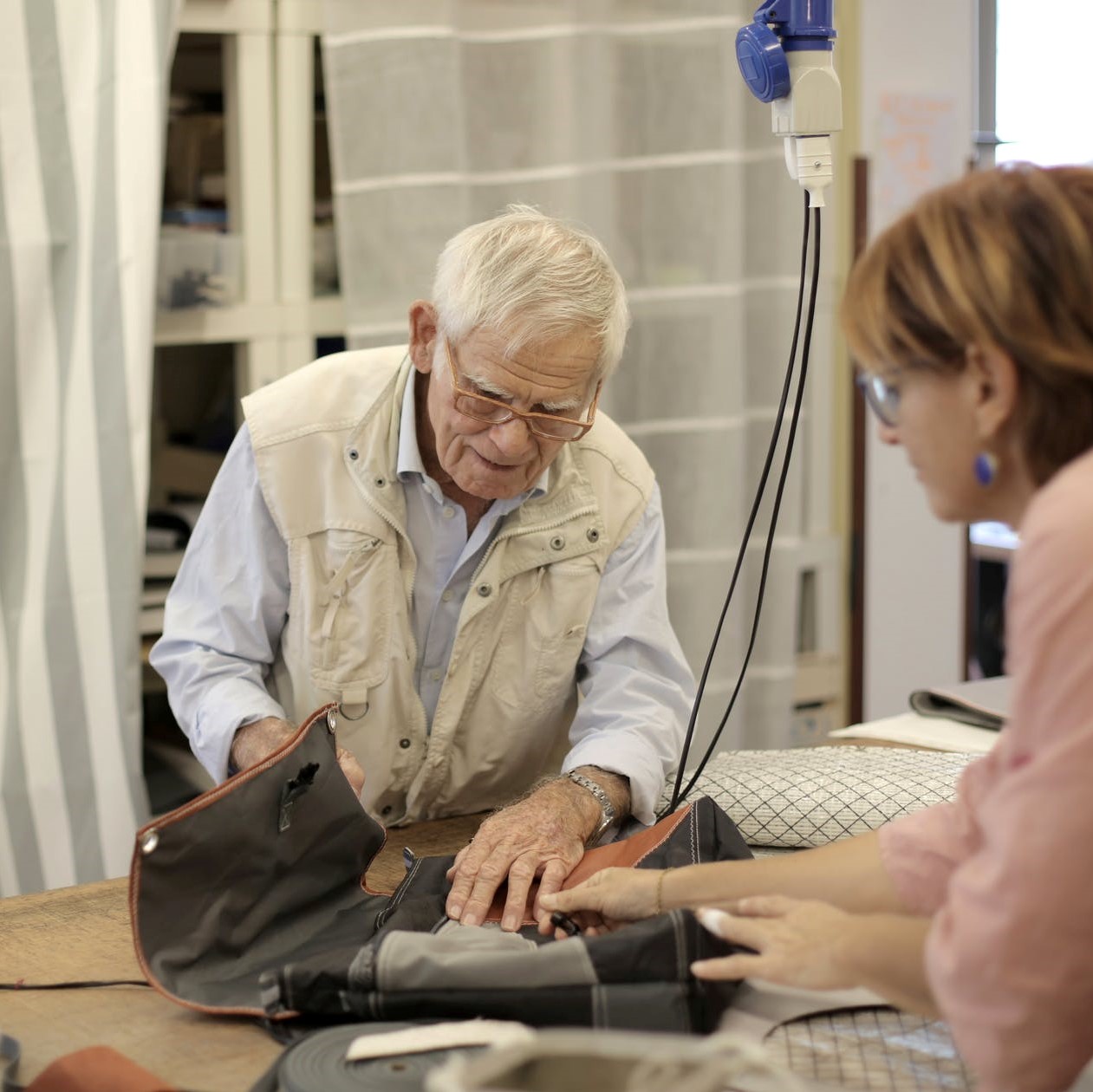Tips on preparing for a visit
Hospitals are a nervous place at the best of times but for someone living with dementia, the uncertainty and confusion of these large, busy places compound this feeling. Preparing for these visits can greatly reduce the confusion felt:
- Try to book the appointment for a time that suits the person with dementia best
- You might wish not to tell the person with dementia about the appointment until the day itself, to prevent them from getting anxious about it. Alternatively, if the person with dementia needs reassurance that they haven’t missed the appointment, put it on a calendar that is easy to see
- Bring something to do that will be distracting, such as a photo book, or play some music from your phone
- If the person with dementia is staying overnight, pack thick socks and extra layers to make sure they’re warm at night. You might also want to pack familiar items such as photographs

Talking to hospital staff
If the person you care for has troubles communicating their preferences to the staff at the hospital, it’s important for you to set out their preferences, including:
- How they’d like to be addressed
- What their normal daily routine looks like
- What types of daily tasks they need help with
- Any foods or drinks they particularly like or dislike
- What medication they take and when they need to take it
- How best to communicate with them
During their stay
- If the person with dementia is in the hospital for an emergency they might need a family member throughout their stay to be able to communicate with staff about their needs
- See if the person with dementia can be placed in a quieter ward or at the end of the ward
- It’s particularly important to be there for mealtimes, where staff could mistake difficulties with eating for not being hungry
- Bring food that is easy to eat, or food which the person with dementia is used to eating
- Most places have committed to allowing the carers and family of someone living with dementia to visit as often as possible. This can be complicated when wards are restricted
- While it can be reassuring to have family members around, too many at once can be confusing and disruptive. It is better to just have one or two visitors whom hospital staff can speak to through the person with dementia’s stay
Coming out of hospital
After a stay in hospital the person with dementia should have a care package arranged to meet their ongoing needs when they get home.
It’s important not to be too unsettled if it seems like someone’s dementia symptoms have got worse since their stay. This is normal after a difficult experience and could also be a result of getting out of practice with looking after themselves. This is something that most people who have stayed a while in hospital can attest to! With ongoing support you can help them to regain some of their lost confidence.
If you still feel worried about an upcoming stay at the hospital, you can contact your Dementia Adviser for advice. You can find their details on our meet the team page.
